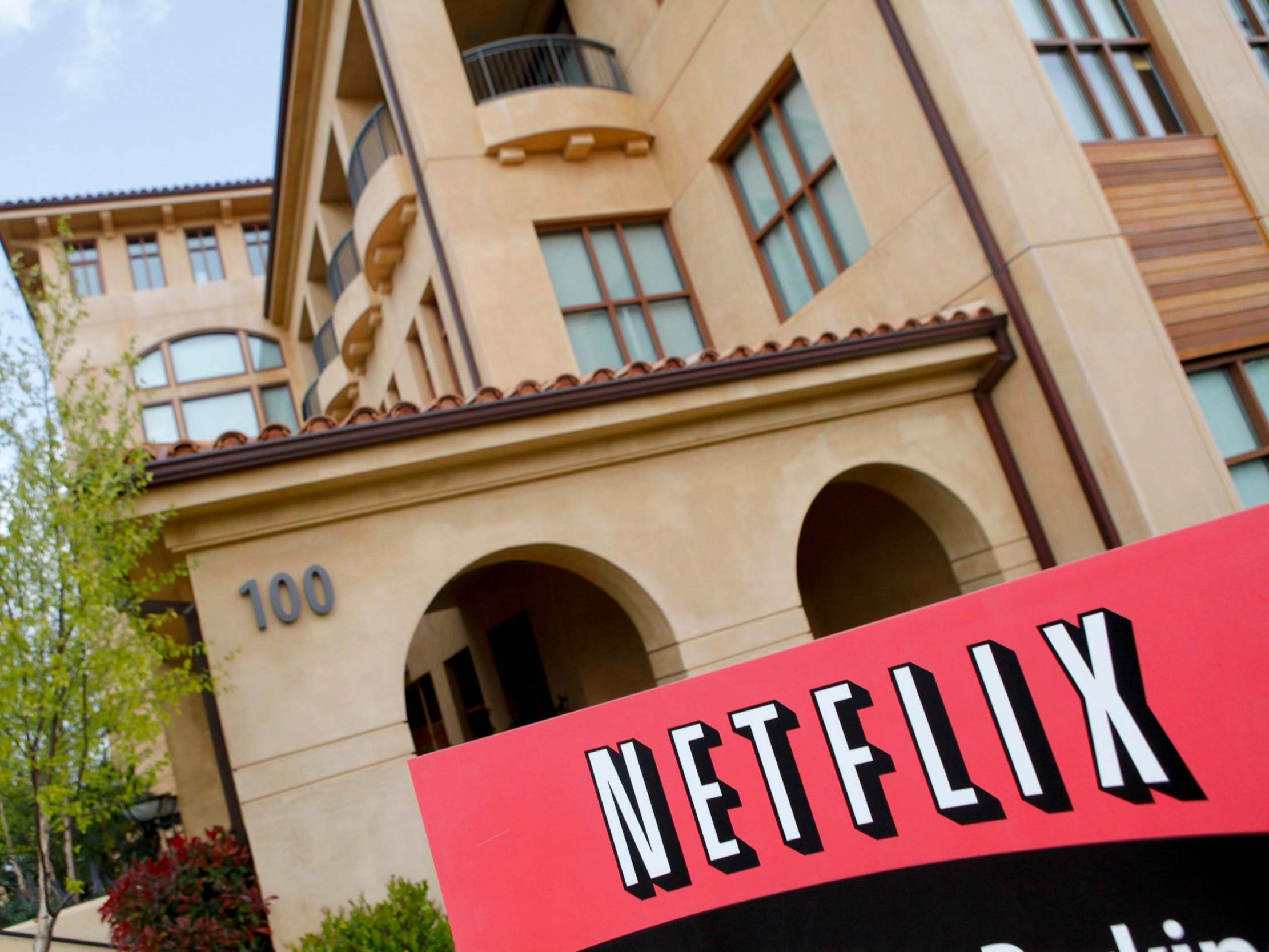Netflix faces boycott from anti-abortion activists as streaming giant backs legal challenge to Georgia's 'heartbeat' law
Georgia ban imposes jail sentences for women found guilty of aborting or attempting to abort their pregnancies

Almost 7,000 people in the UK have pledged to boycott Netflix in protest over the streaming giant’s decision to work with one of America’s biggest civil rights groups to fight Georgia’s “heartbeat” abortion ban.
Georgia governor Brian Kemp signed the controversial “heartbeat” abortion bill into law last month – effectively banning the procedure and giving the southern state one of the most restrictive laws in the US.
The legislation, which has provoked outrage among women’s rights groups, bans abortion once cardiac activity can be detected in an embryo. This can be as early as six weeks – at which point most women do not yet know they are pregnant.
The bill imposes jail sentences for women found guilty of aborting or attempting to abort their pregnancies, with the potential for life imprisonment and the death penalty. It is not scheduled to come into effect until 1 January and is expected to face challenges in the courts – and potentially be postponed.
Right To Life UK, an anti-abortion charity, launched a campaign calling on people across the UK to boycott Netflix in protest over the streaming service’s opposition to the Georgia abortion ban. Some 6,900 people have signed a petition promising to cancel their Netflix subscription.
Clare McCarthy, a spokesperson for the organisation, said: “I, along with many others, have cancelled my Netflix subscription today. I cannot support a company that I know is actively trying to promote abortion."
Netflix announced it would work with the American Civil Liberties Union (ACLU) to fight Georgia’s abortion law at the end of last month.
“We have many women working on productions in Georgia, whose rights, along with millions of others, will be severely restricted by this law,” Ted Sarandos, of Netflix, said. “It’s why we will work with the ACLU and others to fight it in court.“
Talcott Camp, of the ACLU, said: “We thank Netflix for offering to support our upcoming lawsuit against Georgia’s unconstitutional abortion ban. The moment is now – no one can sit on the sidelines while our reproductive rights are under attack.”
While Netflix plans on continuing to film in Georgia, it says it will reassess its investment in the state if the bill comes into force.
“Given the legislation has not yet been implemented, we’ll continue to film there, while also supporting partners and artists who choose not to,” he said. “Should it ever come into effect, we’d rethink our entire investment in Georgia.”
Multiple Netflix productions are currently filming in Georgia, according to the state’s department of economic development, including the Emma Roberts feature film Holidate and the third season of the drama series Ozark. Netflix has also filmed its show Queer Eye in Georgia.
Georgia makes billions of dollars from film and TV productions.
Anti-abortion activists hope legal challenges the bill is excepted to face will ultimately lead to the US Supreme Court reversing Roe vs Wade – the landmark Supreme Court decision that legalised abortion nationwide in 1973 – especially with new conservative justices Neil Gorsuch and Brett Kavanaugh sitting on the court.
The Supreme Court has previously ruled that states cannot ban abortion before a foetus is viable – about 23 to 25 weeks.
More than a dozen other states have passed or are considering versions of Georgia’s law. Louisiana, Kentucky, Mississippi and Ohio have also approved bans on abortion once a foetal heartbeat is detected.
Opponents of abortion across America have become increasingly emboldened in their efforts to roll back women’s reproductive rights since Donald Trump entered the White House in January 2017. Legislation to restrict abortion rights has been introduced in 16 states this year.
Join our commenting forum
Join thought-provoking conversations, follow other Independent readers and see their replies
Comments
Bookmark popover
Removed from bookmarks